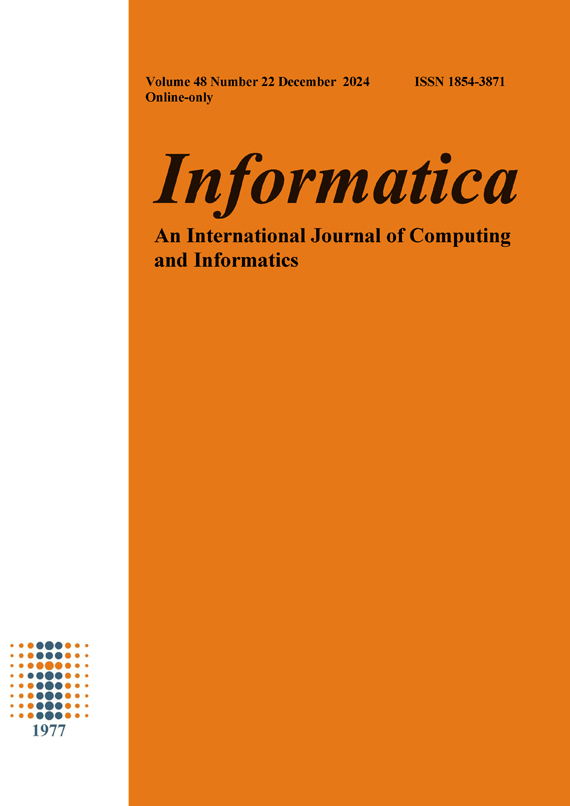Application of Process Industrial Mathematical Scheduling Model in Enterprise Production -Based on Decomposed Multi-Objective Evolution
DOI:
https://doi.org/10.31449/inf.v48i22.6369Abstract
The production scheduling problem in process industries is a complicated issue of complex multi-objective optimizing that has a significant impact on the production efficiency and economic benefits of enterprises. However, traditional scheduling methods often fail to meet the multi-objective optimization requirements in complex production environments. For improving the production efficiency and economical benefit of process industry enterprises, this study constructs a production scheduling model and solves it using a decomposed multi-objective evolution method. When solving the model using the decomposed multi-objective evolution method, this study also proposes an improvement using self-organizing mapping. The results show that when the optimization objectives are the max completing time and production switches number, the proposed method has a high convergence speed and HV value. The algorithm achieves convergence after 2100 evaluations with an HV value of approximately 0.302. The HypE algorithm achieves convergence after 2400 evaluations with a Hypervolume value of approximately 0.284. The algorithm also exhibits a high level of diversity, with an IGD value of approximately 0.672, which is higher than the other algorithms. The proposed algorithm demonstrates high convergence and diversity when solving the production scheduling model.Downloads
Published
Issue
Section
License
I assign to Informatica, An International Journal of Computing and Informatics ("Journal") the copyright in the manuscript identified above and any additional material (figures, tables, illustrations, software or other information intended for publication) submitted as part of or as a supplement to the manuscript ("Paper") in all forms and media throughout the world, in all languages, for the full term of copyright, effective when and if the article is accepted for publication. This transfer includes the right to reproduce and/or to distribute the Paper to other journals or digital libraries in electronic and online forms and systems.
I understand that I retain the rights to use the pre-prints, off-prints, accepted manuscript and published journal Paper for personal use, scholarly purposes and internal institutional use.
In certain cases, I can ask for retaining the publishing rights of the Paper. The Journal can permit or deny the request for publishing rights, to which I fully agree.
I declare that the submitted Paper is original, has been written by the stated authors and has not been published elsewhere nor is currently being considered for publication by any other journal and will not be submitted for such review while under review by this Journal. The Paper contains no material that violates proprietary rights of any other person or entity. I have obtained written permission from copyright owners for any excerpts from copyrighted works that are included and have credited the sources in my article. I have informed the co-author(s) of the terms of this publishing agreement.
Copyright © Slovenian Society Informatika








